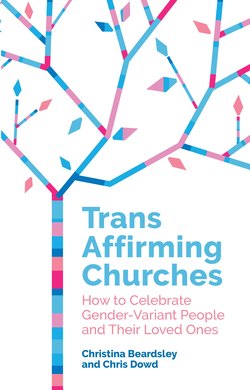Читать книгу Trans Affirming Churches - Chris Dowd - Страница 10
На сайте Литреса книга снята с продажи.
The pastoral cycle
ОглавлениеThe pastoral cycle is often traced back to Roman Catholic social action movements in the early 20th century. It has been a key method in practical theology and an important tool within Latin American Liberation Theology (see below and Chapter 5) but is relevant wherever injustice or exclusion need to be addressed.
A typical cycle involves several stages, for example Ballard and Pritchard’s (2006, first published 1996, pp.85–86) four stage model: Experience – Exploration – Reflection – Action (see Figure 1.1 below).
What all models have in common is that human experience (including the social context) will be taken seriously in the process. Practical theology, alert to power dynamics and the constant risk of injustice, tends to start from human experience, and only then begins to explore what is happening, drawing on the social sciences in dialogue with Christian sources.
Figure 1.1
Several theological methods are available at the reflective stage. In our work we are drawn to praxis models that combine lived experience with theory and narrative approaches, which are usually people’s stories in their own words. We then make links with the fundamental Christian story. This intense engagement with a situation, and its significance, needs to lead to action and the kind of change that will improve people’s lives.
This informed shift from experience, via learning, theory and reflection, to action is highly suited to a book of this kind, where the anticipated outcome is that you will want to change some things about your church life to make it more hospitable to trans people. Nor are such actions the final step, for the pastoral cycle is a spiral which means that current good practice will need to be examined, reviewed and improved on. We gladly invite you to use these kinds of tools to improve on the good practice we are advocating in this book.
